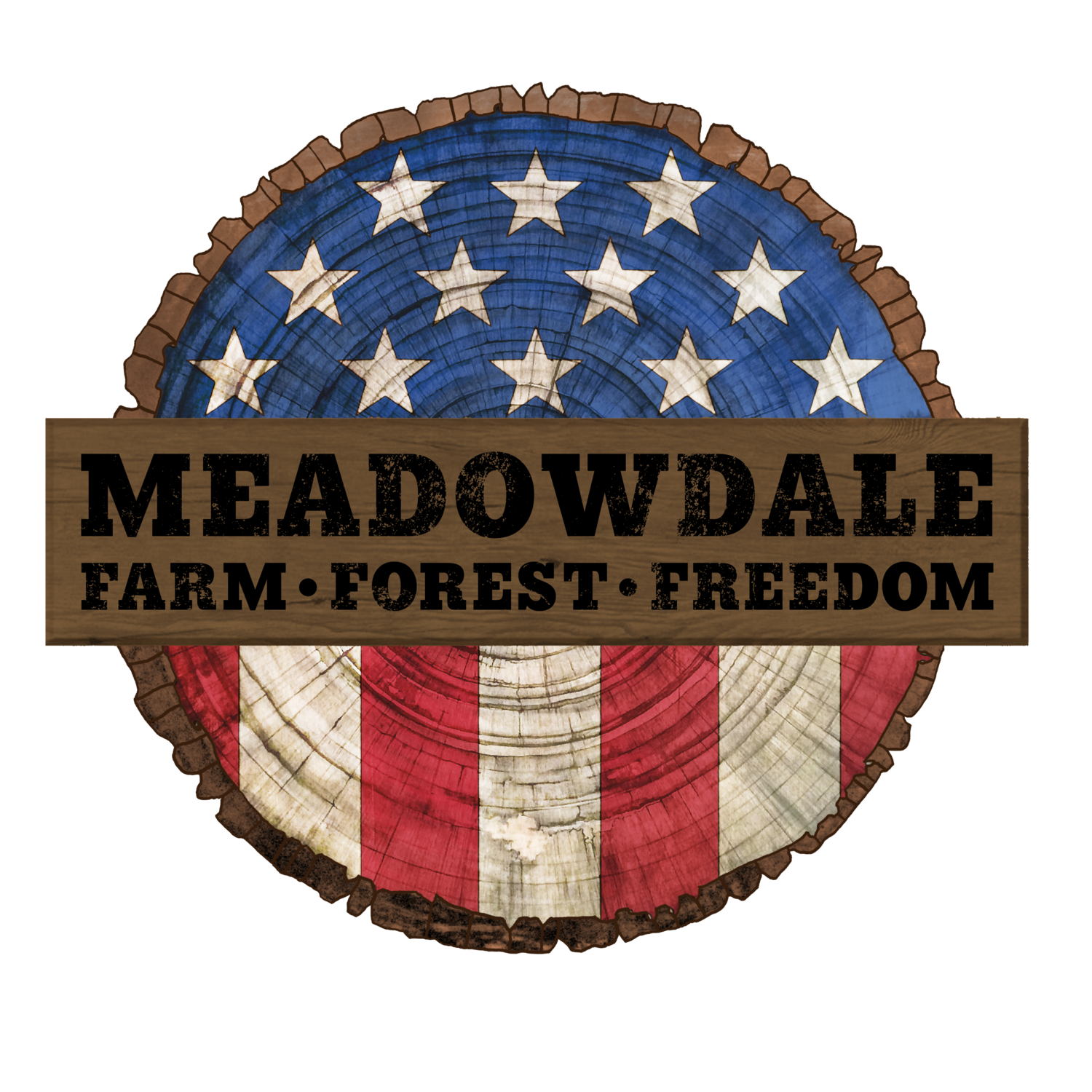Let’s talk about something that’s been bothering me for a while—how misleading food labels have become. Companies are really good at telling us what we want to hear, and using packaging to make their products look appealing.
If you care about where your food comes from, this is something you need to pay attention to.
What Does "Pasture-Raised" Actually Mean?
When you hear “pasture-raised,” you probably picture chickens roaming freely in fields of tall grass, pecking at bugs and enjoying the sunshine. That’s what I picture, too—but the reality for most industrial-scale operations couldn’t be further from that.
Did you know that as of January 28, 2025, 74% of Vital Farms’ laying hens are living inside barns? Vital Farms sources eggs from over 375 different farms, relying on their systems to audit and verify compliance with their requirements.
When you buy eggs from us, they come directly from our farm. Either Mark, James, or Kate fed the hens, gathered the eggs, and packed them.
How Often Do We Move Our Birds?
Here’s the honest truth: it depends. Nature isn’t predictable, and neither is farming. While it might sound nice to advertise, “We move our birds every 48 hours,” that isn’t always the case—and it isn’t always necessary.
Hens: In Vermont, our hens stayed in sacrificial areas during the harsh winter months, but here in Tennessee, winters are much milder. Our layers continue to move throughout the winter and we intentionally have sections of our pasture with stock piled forage for cold months.
Broilers: We don’t raise broilers during the winter or early spring because there’s no fresh, green grass for them to graze on, nor the same bugs they enjoy from April to October. Similarly, we don’t raise broilers during the hottest weeks of summer when the heat makes it harder for them to thrive.
Turkeys: Like broilers, turkeys are moved as often as needed, which is usually daily.
Traditional farming is about staying connected to the seasons, working with nature rather than against it. It’s only been in the modern food system that consistency has been elevated above quality and ethics. At Meadowdale Farm, what we produce is dictated by the weather and what’s most appropriate for each species of livestock and poultry on our farm.
The point is that we’re always paying attention—assessing the birds, the conditions, and our goals. What doesn’t happen here? Stationary barns with tiny doors leading to a dirt yard, pretending to be pasture. That’s not farming. That’s marketing.
Feeding Practices at Meadowdale Farm
Our feed is Non-GMO Project Verified, and our grain supplier formulates specific rations for each type of bird and each stage of life. Laying hens, broilers, and turkeys all have different nutritional needs, and we make sure those needs are met.
Verification isn’t just a sticker they slap on a bag of feed—it’s maintained through annual audits and onsite inspections, especially for high-risk products. This attention to detail ensures our birds are healthy and that the eggs and meat they produce are as good as it gets.
The Grocery Store Myth
Here’s something most people don’t realize: if you’re buying food from a grocery store, 98% of the time it’s coming from a massive operation. To stock shelves nationwide, a company has to produce huge quantities of food, sell it wholesale to distributors, and leave enough room for grocery stores to mark it up.
That’s not the kind of farming we do. We’ll never be big enough to sell even at our local Ingles—and that’s okay. We are an intentionally small farm. We sell out of products and sell directly to our customers.
If you care about getting quality food, here’s my advice: don’t rely on labels alone. Look for photos and videos of the places where your food is being raised. Don’t settle for a close-up shot of a chicken—ask yourself, "Why aren’t they showing the barn or pasture?" Often, the truth is something they don’t want you to see.
At our farm we believe that keeping thousands of birds inside of barns makes them more vulnerable than birds exercising outside in fresh air with sunshine.
Certifying Agencies and Buzzwords Aren’t Enough
Terms like “Organic” or “Regenerative” sound great, but they aren’t always what they seem. Certifications can be useful tools, but they’re not foolproof. And trendy, unregulated terms? Those mean even less.
If you want real transparency, you have to do the work. Research the farms you’re buying from, ask questions, and don’t be afraid to dig deeper. Supporting small farms means supporting real farming—not marketing gimmicks. It also means thinking for oneself and looking at both sides of an issue.
The Bottom Line
Our modern food system isn’t built to give consumers the whole truth. That’s why it’s up to us, as farmers and eaters, to demand better. Know where your food comes from. Ask questions. Support the farms that reflect your values.
It’s not always the easiest path, but it’s the one that leads to better food, healthier land, and a future worth fighting for.



